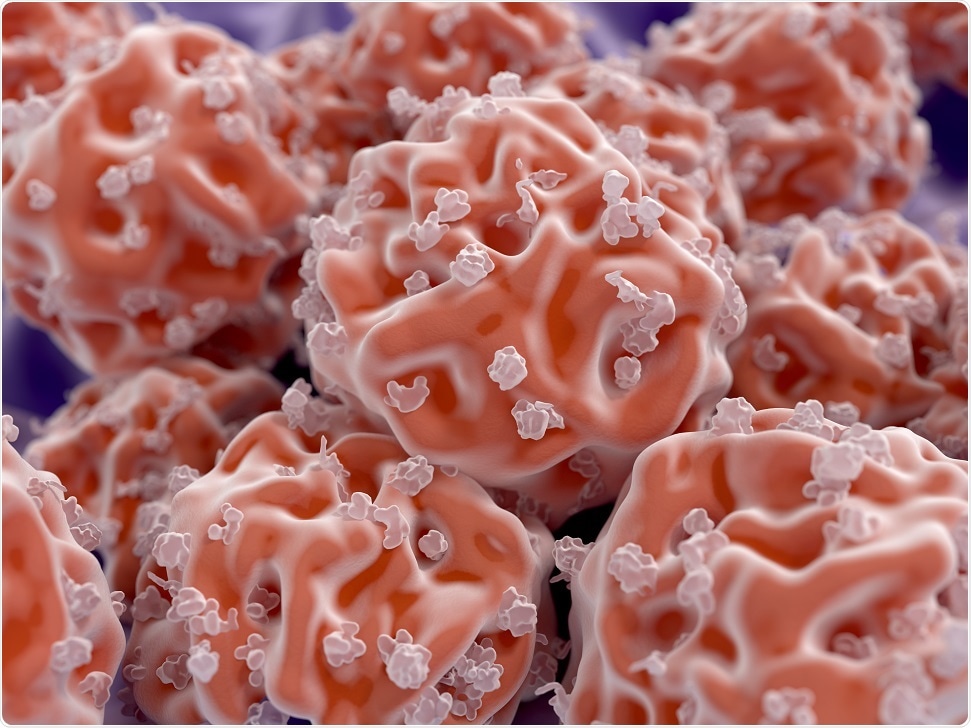Aug 16 2017
A new study from the Cedars-Sinai Heart Institute, Los Angeles, published by the European Heart Journal, forecasts the use of infusions of cardiac stem cells obtained from young hearts in reversing the process of aging in the human heart.

© Juan Gaertner / Shutterstock.com
According to this animal study, tiny vesicles that have the capability to ‘reverse the clock’ for age-related heart conditions are secreted by the cardiosphere-derived cells (CDCs) – a particular stem cell type – making older hearts behave younger.
Eduardo Marbán, MD, PhD, director of the Cedars-Sinai Heart Institute and the primary investigator of the study said, according to their previous lab studies as well as human clinical trials, cardiac stem cell infusions were seen to be effective in treating heart failure; the present study promises the use of these specialized stem cells in reversing age-related heart problems.
In the trial, CDCs obtained from newborn laboratory rats were injected into the hearts of the rats that were on an average of 22 months old and considered aged. A placebo treatment of saline injections was received by a set of laboratory rats from the same group. Then, both these groups were compared with a set of young rats that were on an average of 4 months old.
By using echocardiograms, blood analysis as well as treadmill stress test, the baseline heart functions of all the rats were measured. One month after receiving the stem cells, the group of aged rats was subjected to one more round of testing.
According to these findings, tiny vesicles full of signaling molecules, including RNA and proteins were secreted by these cells. The vesicles from the young cells were thought to contain all the necessary instructions to reverse the clock.
The results of the study also suggested that the laboratory rats experienced enhanced heart function, boosted their exercise capacity by an average of approximately 20%, and showed longer heart cell telomeres (compound structures found to the end of the chromosomes that shrinks with age). When compared to the rats that did not receive the stem cells, the rats that received the cells showed faster regrowth of hair.
This study didn't measure whether receiving the cardiosphere-derived cells extended lifespans, so we have a lot more work to do”
Lilian Grigorian-Shamagian, MD, PhD, co-primary investigator and the first author of the study.
She added that further studies are needed to understand if CDCs need to come from a young donor to have the same rejuvenating effects and if the extracellular vesicles can reproduce all the rejuvenating effects found with CDCs.
Ever since the completion of the world's first cardiac stem cell infusion by Marbán's team in 2009, significant contributions in decoding and understanding the way by which cardiac stem cells regenerate damaged heart muscle were made by the Cedars-Sinai Heart Institute.
Presently, the team is undertaking a study on the use of stem cells in treating patients with Duchenne muscular dystrophy and heart failure with preserved ejection fraction (HFpEF). HFpEF is a condition which affects over 50% of the patients with heart failure.